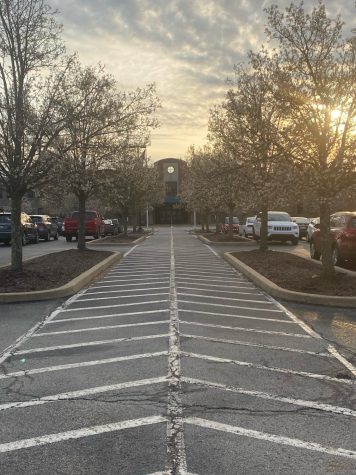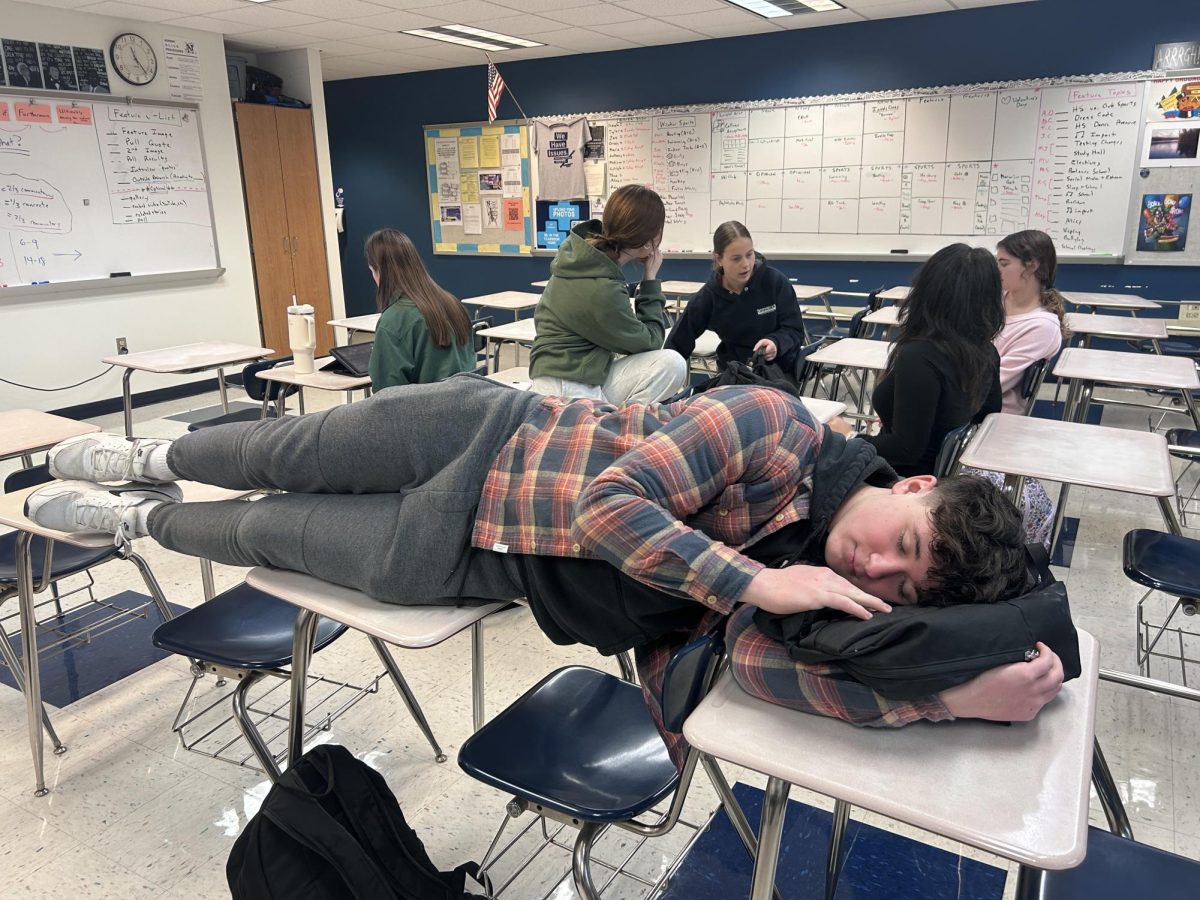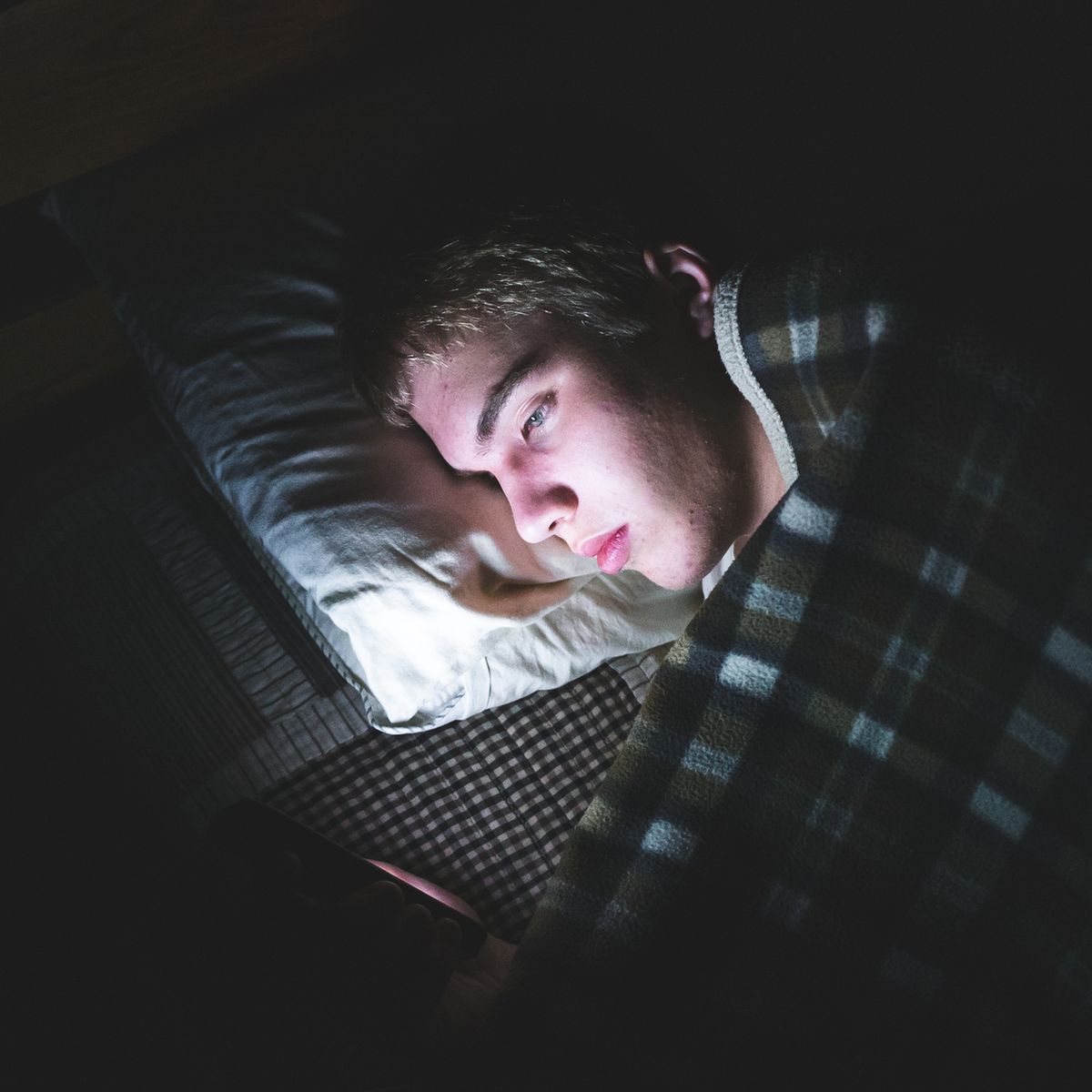Recent studies have increasingly highlighted the crucial role that sleep can play in the academic performance of students. In the hustle of academic life, filled with an excess of deadlines and expectations, many of which can be hard to uphold, sleep is often placed, for many, in the background as a secondary issue. However, emerging research suggests that sleep is a key determinant of success in learning.
The National Library of Medicine conducted a systematic review which concluded, “Inadequate sleep negatively affects students’ academic performance.” This study emphasizes just how significant good sleep quality is in maintaining optimal cognitive function, which is critical for a student’s learning and academic achievement.

Interestingly, the impact of sleep on grades is just a small part of what is otherwise, a much larger picture. Deeper aspects of cognitive functioning, crucial for learning, but often overlooked, are also profoundly affected by sleep. This was underlined in a study by the prestigious and highly regarded Oxford University, which highlighted that, “sufficient sleep may result in better academic performance.” This, amongst a myriad of other studies brings to light both the relevancy and the importance of adequate sleep for both academic success and overall well-being, especially in a digital age emphasizing mental health.
Furthermore, the effects of sleep deprivation, or sometimes “all-nighters”, extend much beyond the very functioning of the human psyche. As per research published in the Journal of Sleep Research, “Chronic sleep reduction is associated with lower academic achievement and diminished concentration in higher education students.”
The poll results, taken from Norwin High School students grades 9-12, provide a telling snapshot of their sleep habits. According to a pie chart, a striking 43 percent of students reported getting only 4-6 hours of sleep per night, which is below the recommended 7-9 hours for teenagers by sleep many accredited sleep experts. Meanwhile, 29 percent of students report getting 6-8 hours, which is on the lower end of the recommended for ages 14-18. Notably, only 14 percent are achieving a healthier sleep duration of 8-10 hours and an equal percentage on the other end, reporting getting equal or less than 4 hours of sleep per night.

These findings resonate greatly with students at Norwin High School as well.
“I don’t sleep enough,” sophomore Maeve Schmook stated in the poll. “If I did, I’m sure my grades would be better. I usually get around five or six hours per night, and sometimes even less if I have a lot of assignments.”
In response to these findings, some schools have begun implementing initiatives to help students improve their sleep. While there is no one way answer, one significant change is being adopted, moving open times later for schools across the country, and around the world. This change aligns with the American Academy of Pediatrics’ recommendation, which greatly emphasizes the importance of middle and high schools starting at 8:30 a.m or later to better support the sleep cycles of students.
Nevertheless, when a student decides to sleep is their choice and they have to deal with the consequences.
“I’ve gone to bed anywhere between 9:00pm and 1:00am,” junior Jacob Bosley said. “It depends on how I’m feeling.”
These initiatives to wake up later, and to change schools schedules, are a step towards integrating scientific insights on many educational practices, aiming not only to boost academic performance but also enhance the overall well-being of students. This movement underscores the fundamental idea that sleep is an indispensable element of a healthy and balanced academic and social life. Without it, we remain forever wondering our true potential, perpetually restless.








